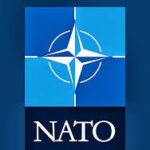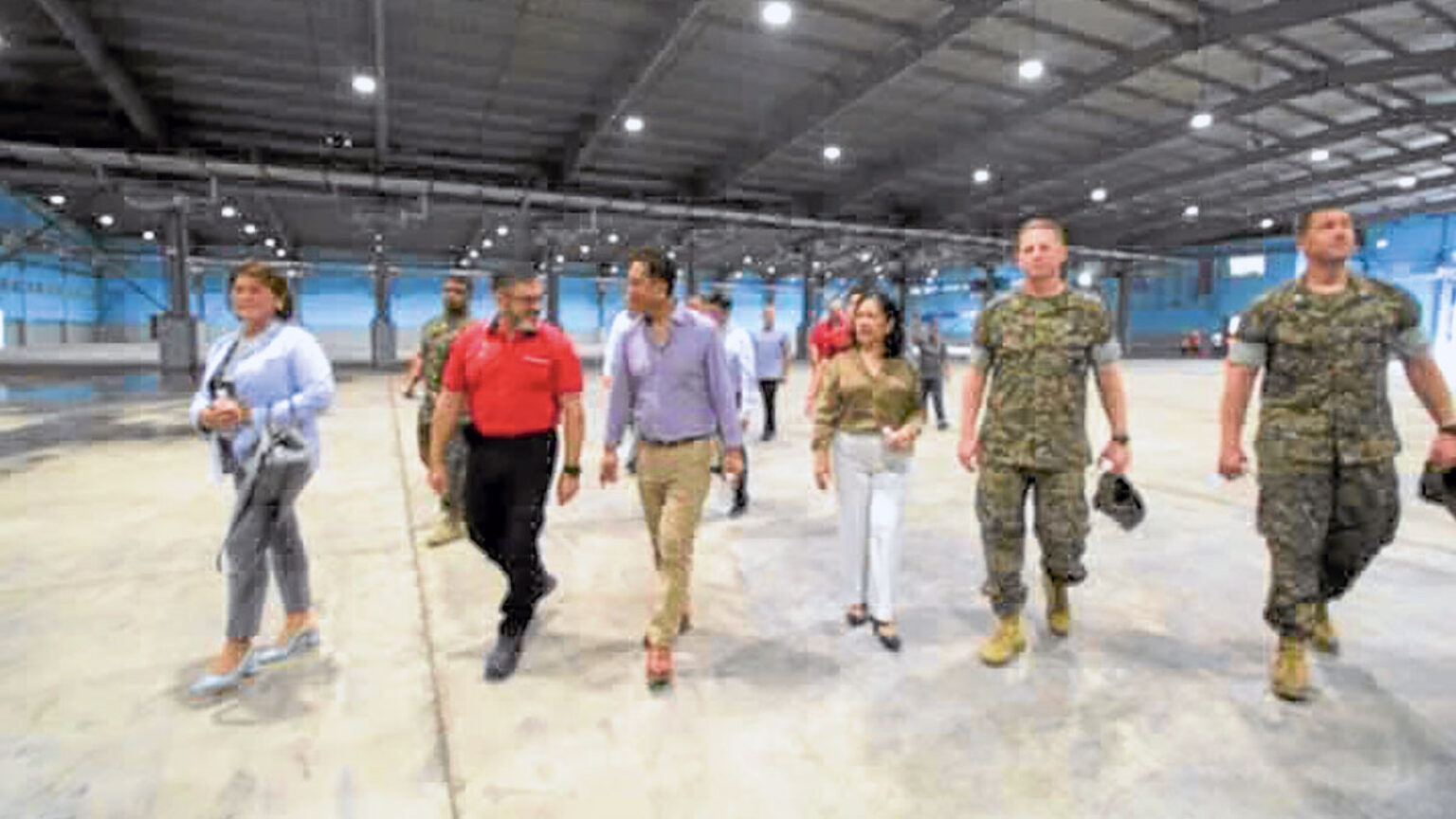Sheilla Lee, R.N.
As the Philippines continues to evolve and assert its identity as a nation, the increasingly complex issue of dual citizenship has become a topic of much debate. However, it is imperative to acknowledge that dual citizens are not a threat to the country’s sovereignty or national security, but rather a natural consequence of globalization and the intertwined nature of nations.
In recent years, the Philippine government has relaxed its stance on dual citizenship, allowing Filipinos who have acquired another nationality to regain their Philippine citizenship through naturalization. This development is a welcome recognition of the changing global landscape and the need to adapt to the complexities of modern citizenship.
First and foremost, dual citizenship is not a anomaly in the modern world. In fact, it is estimated that over 100 countries allow dual citizenship, with many nations actively promoting it as a tool for increasing foreign investment and fostering global connections.
Furthermore, dual citizenship is not only a right, but also a privilege. It allows individuals to maintain a connection to their ancestral homeland while also participating in the global community. In the case of the Philippines, dual citizens are able to contribute to the country’s development and progress through remittances, investments, and expertise gained abroad.
Moreover, the alleged concerns about dual citizenship supposedly weakening national identity or loyalty are unfounded. Filipinos who hold dual citizenship are just as patriotic and committed to the Philippines as those who do not. In fact, many dual citizens use their foreign connections to advocate for Philippine interests and promote cultural exchange and understanding.
Additionally, the Philippines has much to gain from embracing dual citizenship. By allowing dual citizens to regain their Philippine citizenship, the government can tap into the skills, knowledge, and resources of those who have gained international experience and expertise. This can lead to a more diverse and competitive workforce, as well as increased investment and innovation.
Of course, there are valid concerns about the potential risks associated with dual citizenship, such as tax evasion or national security breaches. However, these concerns can be mitigated through strict regulations and vigilance by government agencies.
The acceptance of dual citizens in the Philippines is not only a natural consequence of globalization, but also a necessary step in promoting national progress and development. By embracing dual citizenship, the government can attract highly skilled and talented individuals, foster greater international cooperation, and promote cultural exchange and understanding.
Let us recognize the value of dual citizenship and reject the narrow-minded and nostalgic view that sees it as a threat to our national identity. Instead, let us celebrate our global connections and the opportunities they bring, and work to build a more inclusive and connected society.














